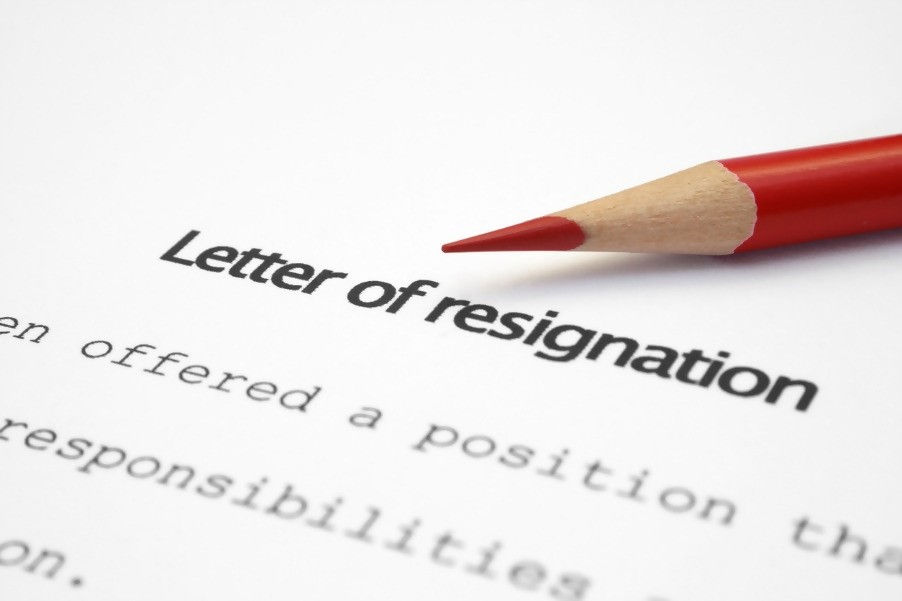How to Resign From Your Job Position the Right Way
- DeafJobWizard.com

- May 1, 2020
- 3 min read
Stuck between what you SHOULD say and what you WANT to say in your resignation letter? Here is some advice to get it right.

Deciding it is time to leave your current job and move on to a new opportunity can both an exciting and potentially scary time. Sometimes the reasons you are leaving are positive ones: you found the job that you really like, got offered a better salary, or found an organization that guarantees you will be on the promotion track. Unfortunately, there can also be less than desirable reasons for your decision to resign from your job: a challenging relationship with a boss or co-worker or figuring out what you were promised when you accepted the job is not what is being delivered. Regardless of the reasons behind your decision to resign from your job position and move on, it is crucial that you do so with dignity. Writing a respectful, concise resignation letter is the first step, and it can mean the difference between a bitter goodbye and establishing a beneficial professional relationship, both for short and long terms. Here are a few important things to keep in mind about the purpose of a resignation letter and tips on how to get it right.
The Reason for the Resignation Letter
First things first, it is important to remember the purpose of a resignation letter. Simply put, a resignation letter is necessary because it serves as a formal statement of your intent to leave your job. It is likely (and recommended) that your resignation letter either accompanies or follows a meeting with your boss to tell them face-to-face about your plans. The resignation letter should primarily focus on your intention of leaving your job and should stick to explaining your exit strategy. Remember, this letter is going into your “permanent record” with the company or organization, so you want it to be clear and reflect positively on your work tenure.
The Main Points to Cover Your resignation letter does not need to be long or complicated. Get to the main points and remember to include:
Date of your letter. You want a formal record of when you gave notice to the company.
The first paragraph should include your plans to leave the company. This paragraph is a good place to add some sentiment, expressing “sadness” or “regret” at leaving the “wonderful team” at XYZ Company,” and how you will miss working with them.
Include the date of your last planned day at the company or organization and an overview of any transition actions you will be taking to transfer your work, if any.
Close with a statement of gratitude for the time you have spent at the company or organization, including a statement that wishes them luck and success in the future.
Your signature, and if you wish, the contact information you would like any personal correspondence sent to after you have left.
What to Leave Out
One important thing to remember: your resignation letter is NOT the place to list grievances you have against your boss or the company or organization. Keep in mind that you may need a reference from your boss, and you never know when your professional paths may cross again, especially if you are working in deaf-related fields, so it is extremely important to remain tactful. If you feel it is essential to share some negative aspects of your experience with company or organization, request an exit interview with a representative from the Human Resources Department or a union steward on or very near your last day. This letter is for the official record, not your personal manifesto statement. Good luck!
Are you looking for a new job opportunity? Visit DeafJobWizard.com!



Comments